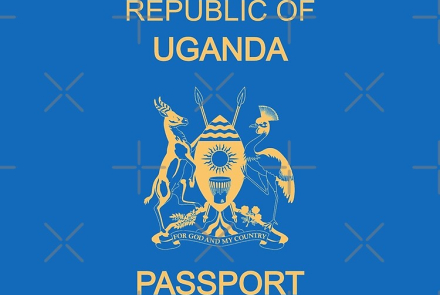The Right to Privacy - The Shield of Banking Confidentiality
In 2018, the Uganda Bankers’ Association and a group of 30 commercial banks operating in Uganda, filed a constitutional petition against the Attorney General and the Commissioner General of the Uganda Revenue Authority (URA).
The petition, known as Constitutional Petition No. 014 of 2018, challenged two notices issued by the URA in March 2018, which directed all banks in Uganda to provide details of all bank accounts held by them for the two-year period of 1st January 2016 to 31st December 2017. The said notices were issued under Sections 41 and 42 of the Tax Procedures Code Act 2014, which permit the Commissioner URA to issue such notices.
Article 27(2) of the Constitution of the Republic of Uganda provides that “no person shall be subjected to interference with the privacy of that person’s home, correspondence, communication or other property”. The Petitioners relied on this article to argue that the notices amounted to an interference with the privacy of their customers’ financial records, which was not justified under the Constitution.
In March 2023, 5 Justices of the Constitutional Court of Uganda unanimously held, inter alia, that the URA notices impaired the right to privacy of all bank account holders of Uganda enshrined in Article 27(2) of the Constitution in a manner that far exceeded what was necessary to accomplish the objective of tax collection and was accordingly beyond what is acceptable and demonstrably justifiable in a free and democratic society. The Justices also held that the tax provisions in question were not unconstitutional and that the Commissioner should only exercise the powers therein when there is a genuine investigation of suspected tax evasion or breach of a tax law by a specified individual.
By declaring URA’s notices null and void, the Constitutional Court of Uganda sent a clear message that the privacy of individuals and their financial records must be respected. It is also serves as a reminder that no government agency or official is above the Law.
Furthermore, the Constitutional Court’s landmark decision has highlighted the need for greater safeguards and transparency in the exercise of powers by statutory bodies such as the URA. It has demonstrated that the power to access an individual’s financial records must be subject to appropriate checks and balances, and that there must be clear and justifiable reasons for any such intrusion on privacy.
In conclusion, the Constitutional Court’s decision is a welcome development for the banking system in Uganda, as it reinforces the principle that individuals’ right to privacy must be balanced against the government’s need to collect taxes. The decision has undoubtedly demonstrated the Judiciary’s commitment to upholding the rule of law, protecting fundamental human rights, and promoting transparency and accountability in the exercise of statutory powers.






